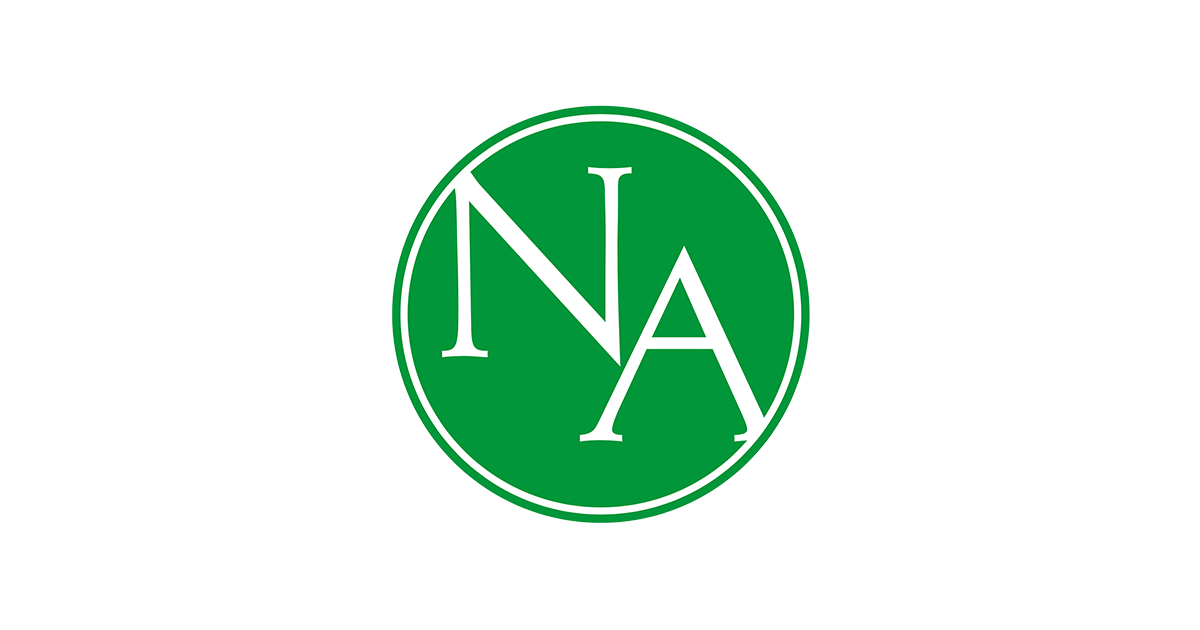In 2023, 15,280 Canadians died with medical assistance. That’s up 15% from in 2022. In 2024, the number will doubtless have grown; one of those thousands will be my late wife, Beryl, a faithful parishioner at Church of the Apostles in Guelph. Two days before she died, she invited over 20 people to be with her at our home on the day.
How would you react to such an invitation?
In sharing the story of the day she died, I want to do what Beryl always wanted to do: to educate. As diocesan educational consultant and program administrator from 1985 to 1992, and in her various later roles in parish life, she sought to be an educator, helping Anglicans to “think outside the box.” As the Church marks All Souls’ Day, I believe she would welcome this opportunity for us to learn about the new era of MAiD which Canada has entered since 2016.
What follows are some reflections by those who were present on the experience of being invited to be with Beryl at her death.
Preparing. A few guests were taken off guard, but most already knew that MAiD had been in Beryl’s mind for when the cancer treatment ended. Palliative care had already started, but she was declining quickly. Not everyone was able or even wanted to come. Most, however, said, “It was a privilege and an honour to be invited.” Some spent time preparing in their minds or hearts. “I appreciated the short video in the invitation letter which explained the medical procedure.” “I wondered what I should wear!” “I prayed.” “I just got on with my weekend and waited to see what would happen.”
Gathering: No one except Beryl and I knew everyone in the room, so it was important to have time, space, and refreshments to allow guests to meet and make connections. Explanations by me and the doctor were helpful so that folks knew what was planned. Some felt nervous, so having something to do, like making the tea, was beneficial.
Saying Goodbye: Fortunately, Beryl still had the energy and desire to greet everyone: one by one or in pairs, each made a personal farewell. Everyone reported that their moment of peaceful closure was a highlight to cherish. It’s one of the gifts of the MAiD experience, it seems.
Providing a spiritual ‘umbrella’: Our goal for the day was that this be much more of a spiritual event than a medical one. Yes, people were reassured to meet our wonderful palliative care doctor, but we were not there to watch a medical procedure: we were witnessing a spiritual rite of passage.
Gathering around Beryl, we became one as we sang, watched, and prayed. Psalm 23, ‘Amazing Grace’, and a Taizé chant became what someone described as an umbrella over us all. “Not everyone sang, but we were all together under that umbrella of faith, hope, and love.” The movement of the ‘service’ was to lift Beryl’s spirit by our love and blessings from her suffering, dying body into the loving arms of God.
Another invitee, not a religious person, but who had recently lost some other dear people, reported that the spiritual elements “took away those feelings of anger and hopelessness.” The songs felt bigger than death – they could contain it and transform it with hope. “You could tell that Beryl’s comfort with dying came from her faith.” Beryl, never one to proselytize in life, was evangelizing even in her death! Our rector was unable to be present at the death but came soon afterward to bless Beryl’s body before she left the house.
Helping us grow in humanity and in facing death.
The experience was universally reported to be a positive one. “It was such an honour”. “I learned a great deal” “I feel very positive about what I saw of MAiD and the medical team.” “I’m less afraid of death itself now.” “The spiritual content made all the difference.”
I share this experience as example of why MAiD is becoming increasingly popular in our society: the ending of suffering, the creation of community, saying goodbye and finding closure, all with the opportunity to make meaning in the face of death. These are valuable benefits of a spiritually-directed MAiD. Yes, they are available for many ‘natural deaths’, too, but the focus and intentionality of MAiD feels qualitatively different. As the Church continues to discern pastoral responses to MAiD, I hope that I have described something that Canadians, many of them not religious, experienced as a positive and transformative spiritual experience, courtesy of one brave and faithful Anglican educator. As one thoughtful guest put it: “We are in uncharted territory, and Beryl’s death is blazing a new trail.”

Our Treasures and Us: A Time for Reflection